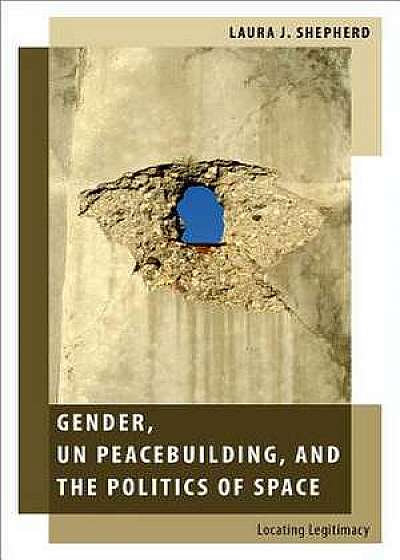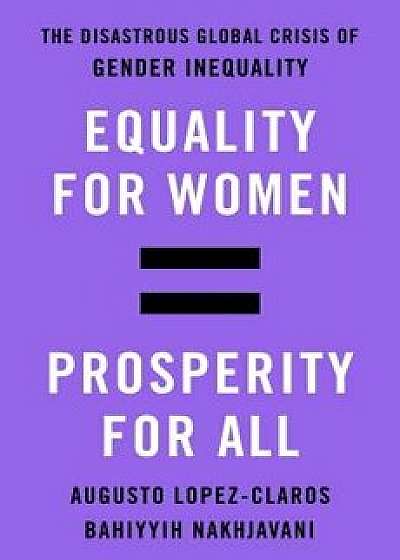
Gender, UN Peacebuilding, and the Politics of Space
Descriere
The United Nations Peacebuilding Commission (UNPBC) was established in December 2005 to develop outlines of best practice in post-conflict reconstruction, and to secure the political and material resources necessary to assist states in transition from conflict to peacetime. Currently, the organization is involved in reconstruction and peacebuilding activities in six countries. Yet, a 2010 review by permanent representatives to the United Nations found that the hopesof the UN peacebuilding architecture "despite committed and dedicated efforts...ha[d] yet to be realized." Two of these "hopes" deal with gender issues, specifically that peacebuilding efforts integrate a "gender perspective" and that the Commission consult with civil society, NGOs, and women'sorganizations. This book is the first to offer an extensive and dedicated analysis of the activities of the UN Peacebuilding Commission with regard to both gender politics, broadly conceived, and the gendered dynamics of civil society participation in peacebuilding activities. Laura J. Shepherd draws upon original fieldwork that she conducted with the UNPBC to argue that the spatial politics of peacebuilding are not only gendered - such that they further marginalize and disadvantage indigenouspopulations in peacebuilding activities - but also perpetuate hierarchies that privilege the international over the domestic realms. Laying bare the logics of gender and space that organize UN peacebuilding discourse, the book asserts that the representations of women, gender, and civil societyinform the meaning of UN peacebuilding in contemporary world politics.





